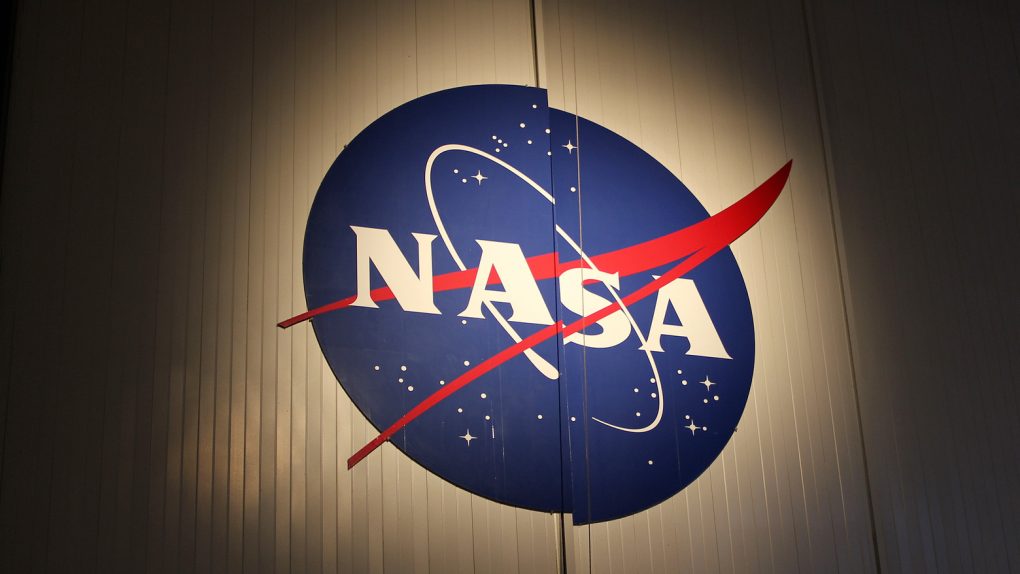It’s been decades since NASA and its government contractors handled everything in-house, but the recent push by the agency to bring private companies into the fold is truly unprecedented. NASA’s agreements with companies like SpaceX make it clear that the group is ready and willing to pay others to develop its hardware, and a new announcement from the Jet Propulsion Laboratory helps to hammer that point home.
NASA and JPL revealed today that they’ll be accepting applications to be part of a group of 10 startups that will work with NASA to develop new space technologies. This “aerospace accelerator program,” as NASA calls it, covers a wide range of potential applications, and NASA is very clearly open to partnering with companies that can prove they can aid future missions.
“We want to assist these companies in developing their own technologies and becoming commercial successes,” Tom Cwik of the Jet Propulsion Laboratory said in a statement. “NASA will also benefit by collaborating with these companies.”
The announcement from JPL and NASA includes a brief mention of the kind of thing they’re looking for. “Geospatial analytics, digital design coupled to advanced manufacturing, autonomous systems, applied AI and machine learning,” are all mentioned.
NASA will be accepting applications for the program from now through April 7th. At that point NASA and JPL will review applications and select 10 startups to participate in the program which will last approximately three months.
There’s obviously no guarantees that all of the startups will pan out, but the idea here is clearly for NASA to find promising concepts and projects that are still in development. If it sees something it likes, and if the companies demonstrate the ability to rapidly iterate and follow guidance from NASA it would go a long way towards an eventual partnership.
“Industry is developing new technologies rapidly, using new tools and methods in software development and other areas,” Cwik noted. “It’s incumbent upon us to learn from developments in industry and contribute our vast expertise in technology as we prepare to use them in our future missions.”








